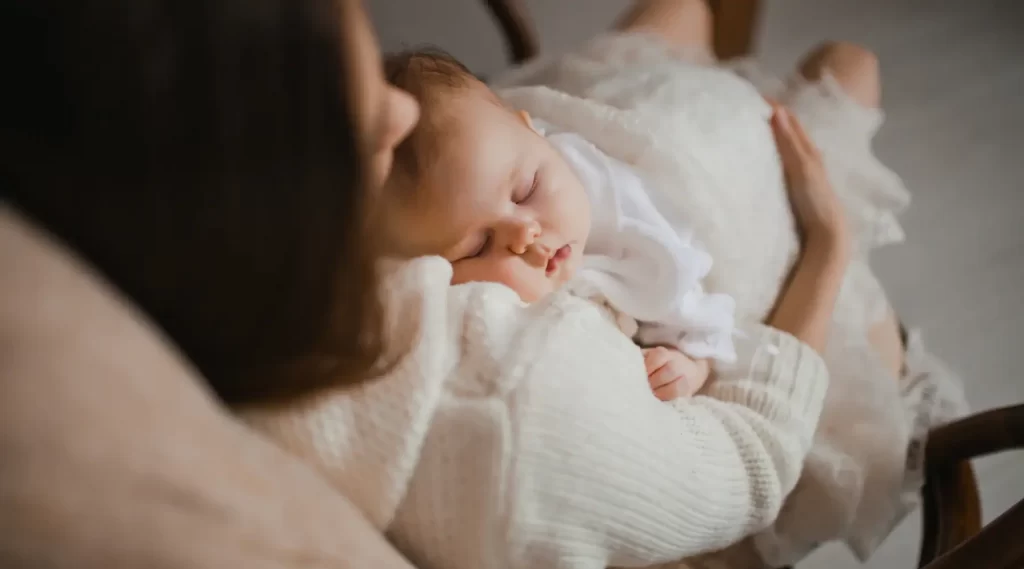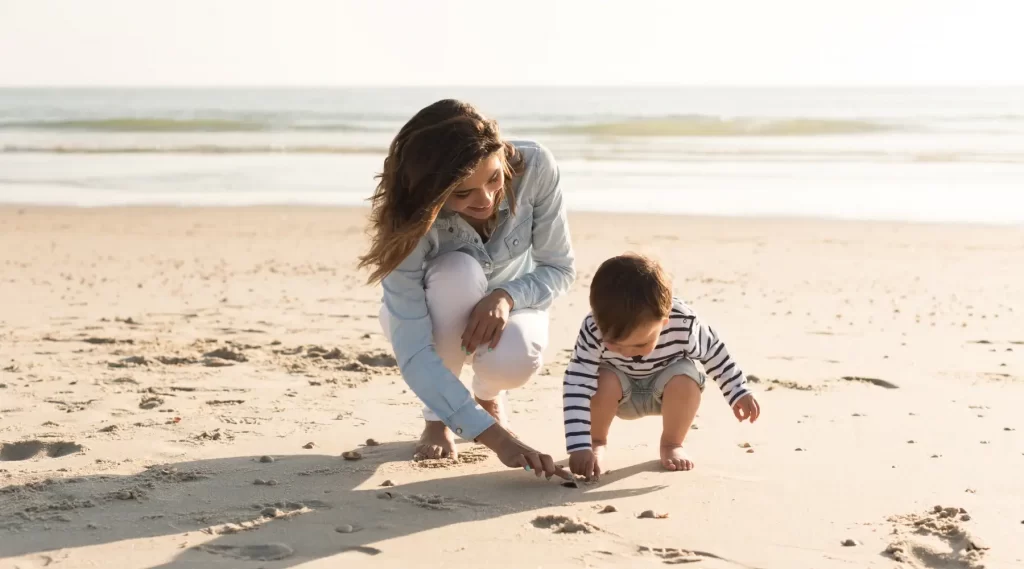Today is world literacy day.
Reading to your child is one of the joys of parenthood – below are:
- Some of the reasons reading to your kids is great;
- Some tips/hints for reading;
- You don’t have to even read – just simply singing and talking to your kids improves literacy outcomes later in life;
- Plus 3 of the absolute favourite books in our house!
Any time is a good time for a story!
Bedtime, bath time, potty time, on the train, on the bus, in the car, in the park, in the pram, in the cot, when you’re in the Paediatrician’s waiting room …
You can start reading aloud to your baby as early as you like – the earlier the better. Your baby will love being held in your arms, listening to your voice, hearing rhyme and rhythm, and looking at pictures.
Reading and sharing stories has many benefits
- help your child get to know sounds, words and language, and develop early literacy skills
- learn to value books and stories
- spark your child’s imagination and stimulate curiosity
- help develop your child’s brain, ability to focus, concentration, social skills and communication skills
- help your child learn the difference between ‘real’ and ‘make-believe’
- help your child understand new or frightening events, and the strong emotions that come with them
- help your child learn about the world, their own culture and other cultures.
Tips for sharing books with babies and young children:
- Make a routine and try to share at least one book every day (my mum has been in education for many moons and says at least 3!)
- Turn off the TV or music and put your phone away
- Try out funny noises and sounds – play and have fun!
- Involve your child by encouraging them to talk about the pictures, and by repeating familiar words and phrases.
- Let your toddler choose the books when they’re old enough to start asking – and be prepared to read your toddler’s favourite books over and over again!
- If you have older children, they can share books with your younger children, or you can all read together. Taking turns, asking questions and listening to the answers are all important skills that will help children when they start learning how to read.
- NOTE: Some babies & children will find reading stories too stimulating before bed, for these kids removing books from the nighttime routine and including them in your day routine would be advisable
Reading is great but just talking to your kids will make a difference:
- A paper in 2003 found a 30 million word gap by Age 3 in children from different socioeconomic backgrounds.
- The amount of words your child is exposed to at this age impacted their learning trajectory in later years, indeed test performance in grade 3 & 4 children (9 to 10 years old) followed the same accomplishment results they did at age 3!
- The same paper found that the type of language used also impacted learning trajectories and the higher the ratio of affirmatives (encouraging words) to prohibitions (discouraging words) improved outcomes.
So KEEP TALKING, SINGING and READING to your kids – it’s impossible to always talk in affirmations but try to get the balance in the favour of the positive.
The 3 absolute favourite books in our house are:
No. 1: The Giving Tree by Shel SilverStein
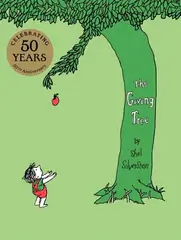
No. 2: The Lion Inside by Rachel Bright
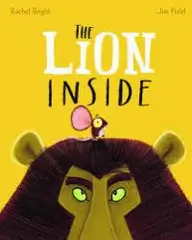
No. 3: Cotton Wool Colin by Jeanne Willis & Tony Ross
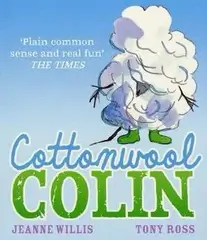
Happy reading everyone!
Learn more about the Dr Golly Philosophy here.
Shop the Dr Golly age appropriate routines here.

